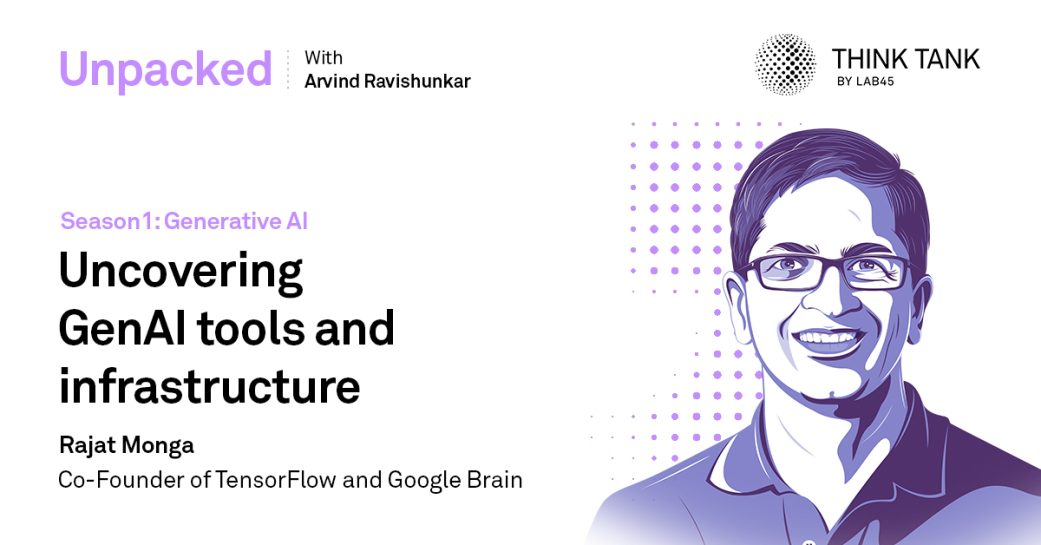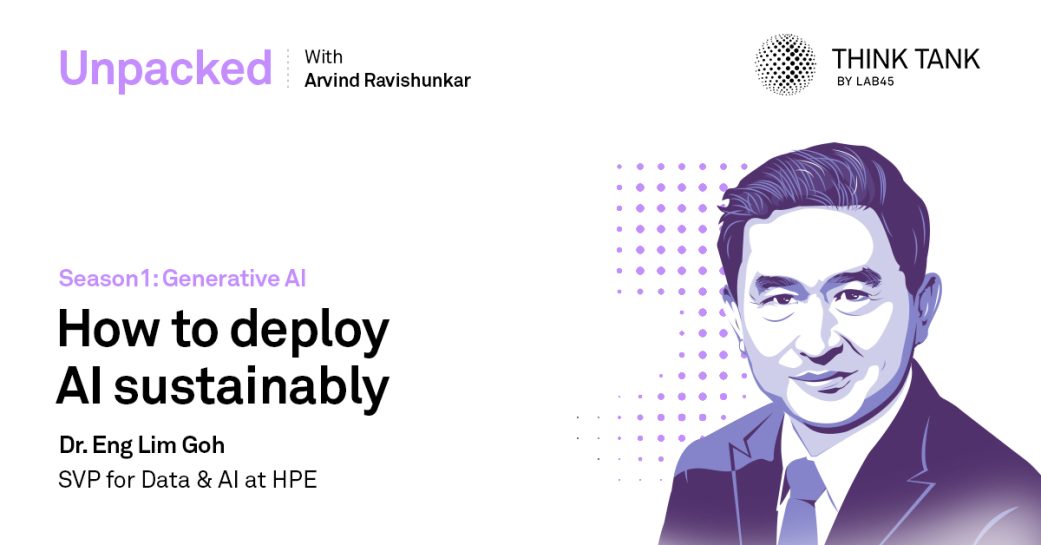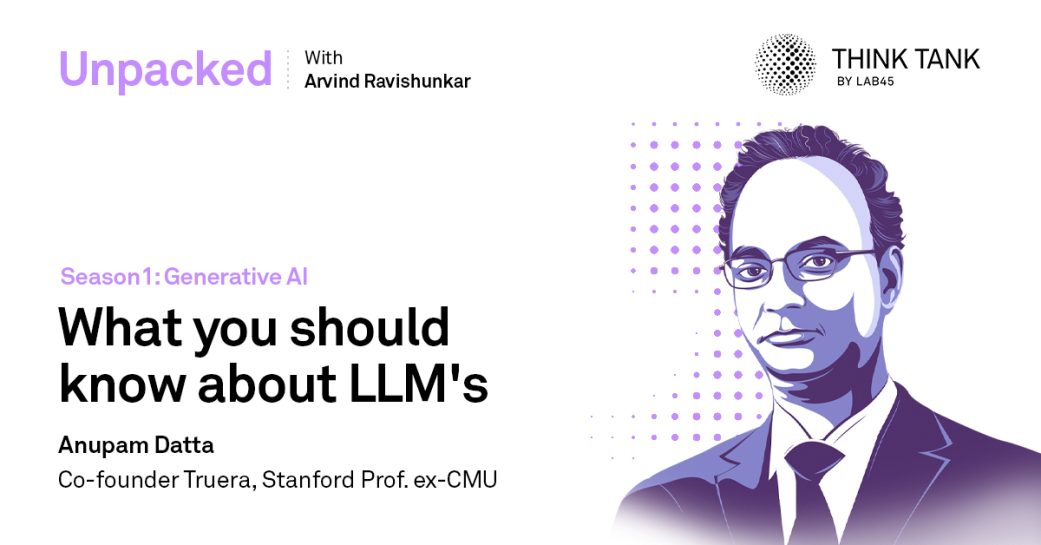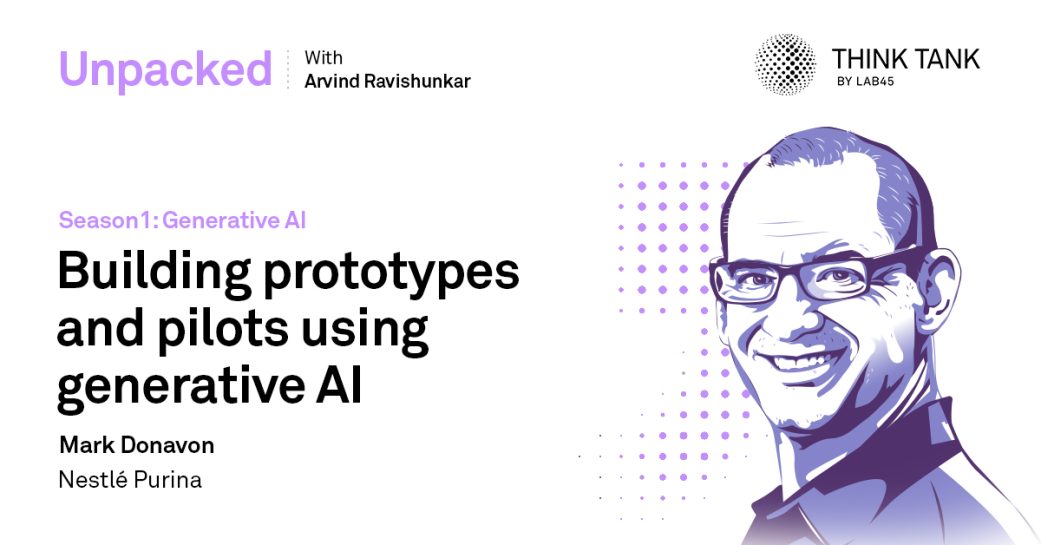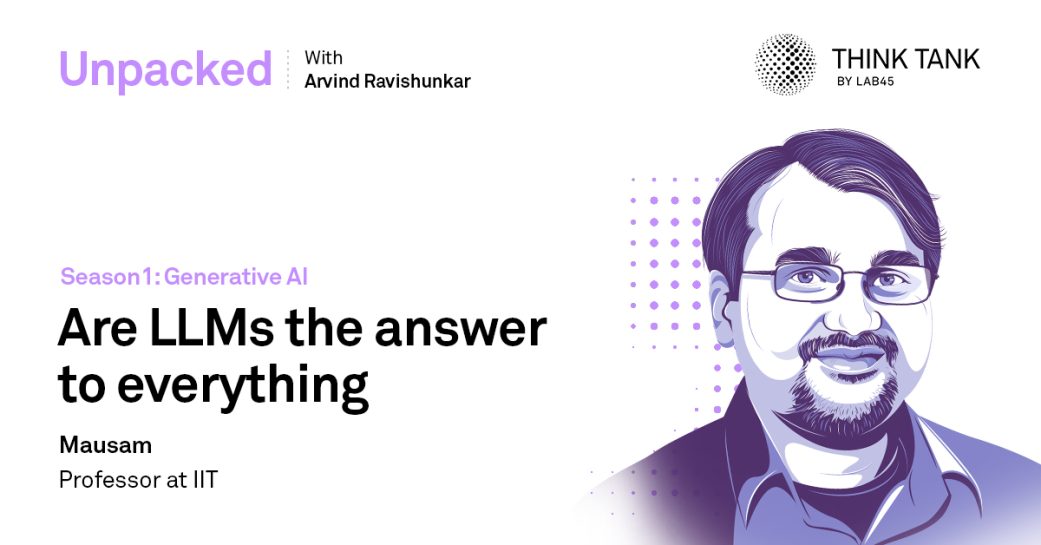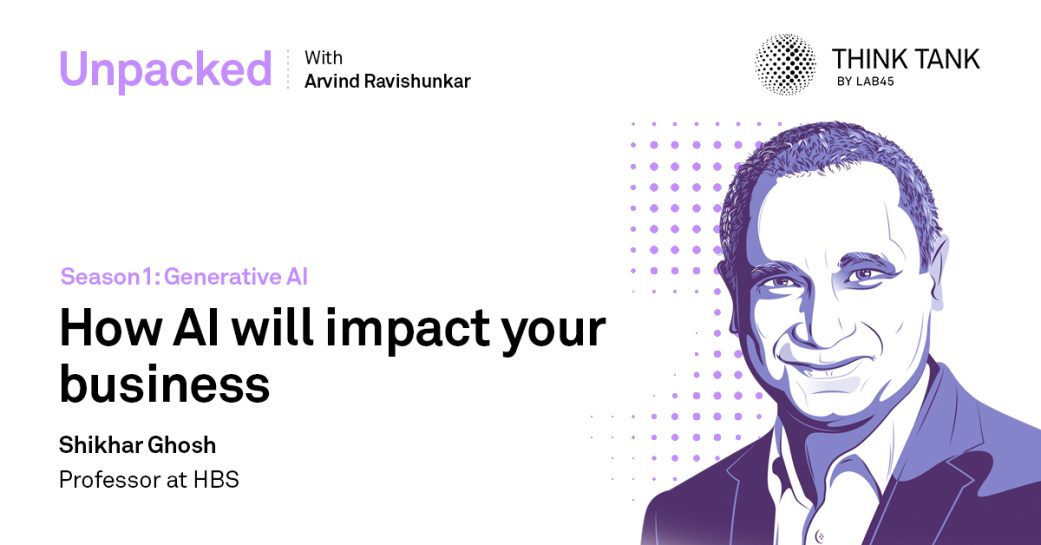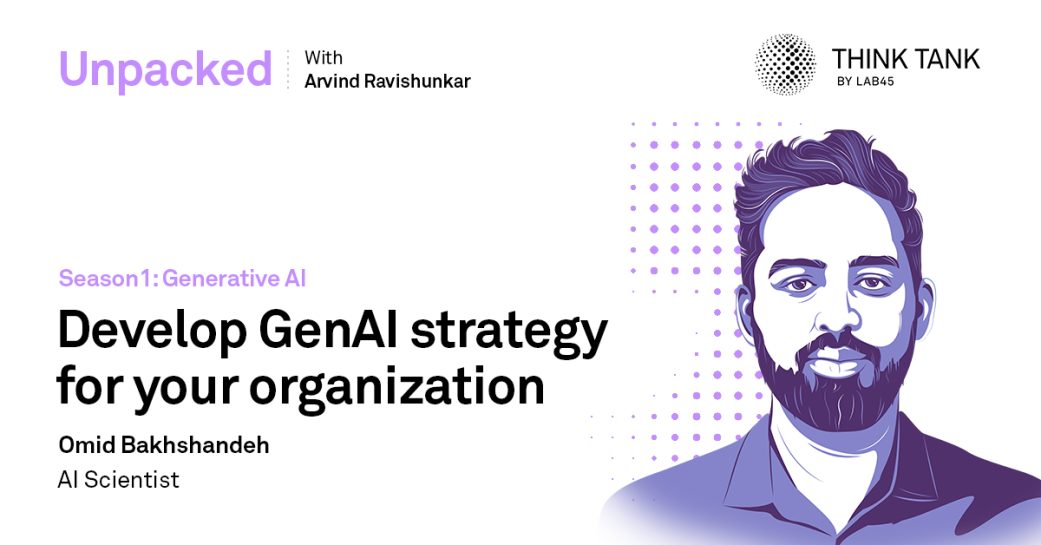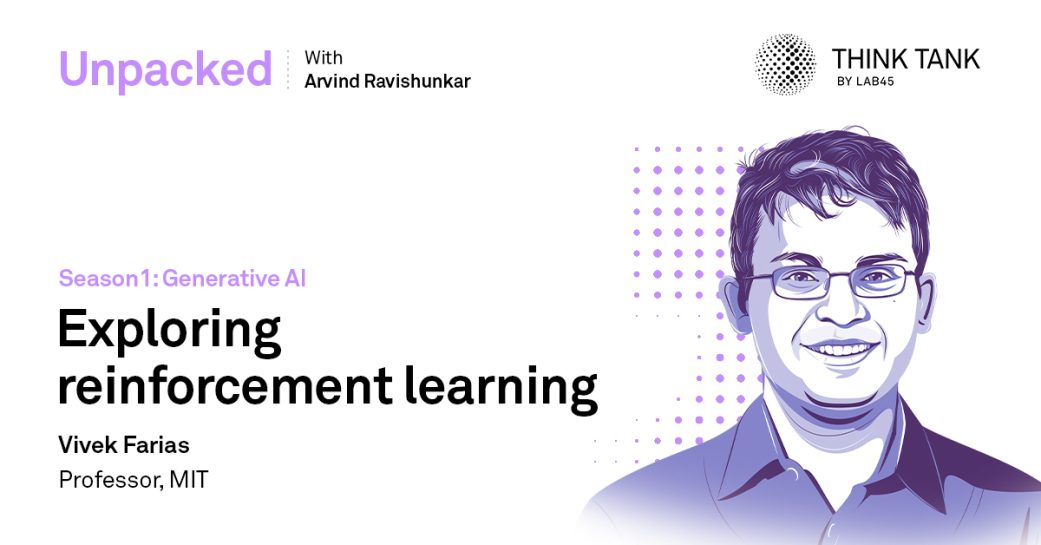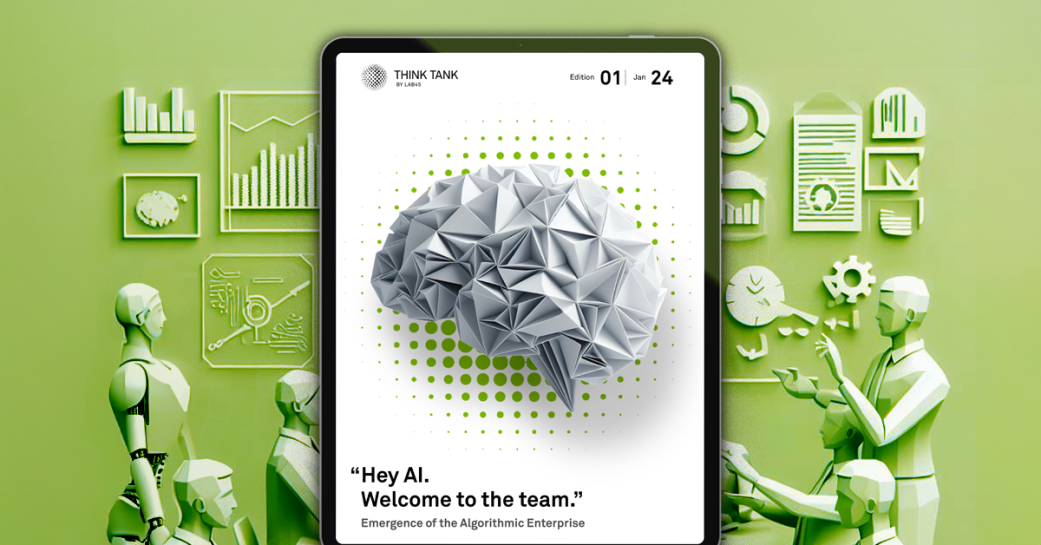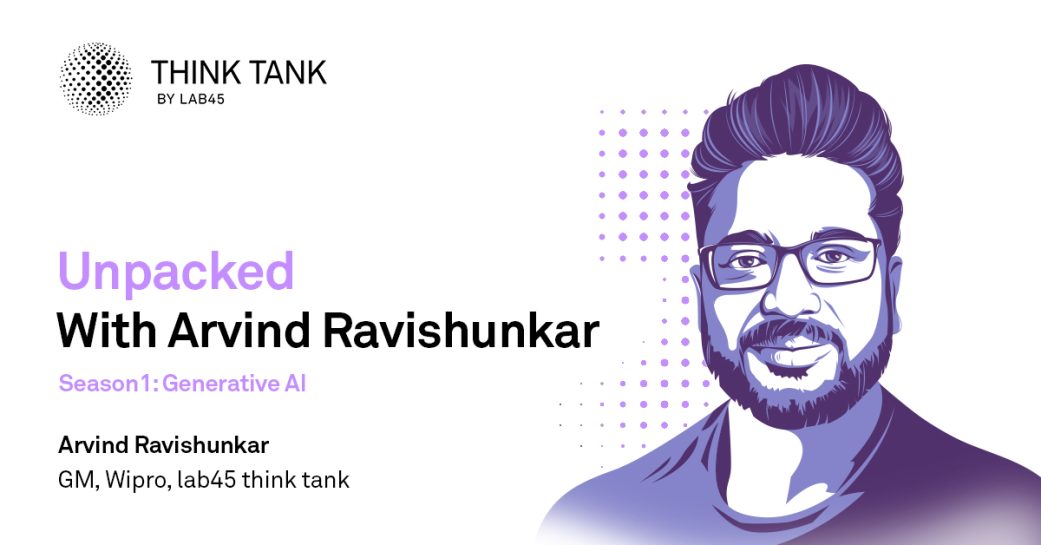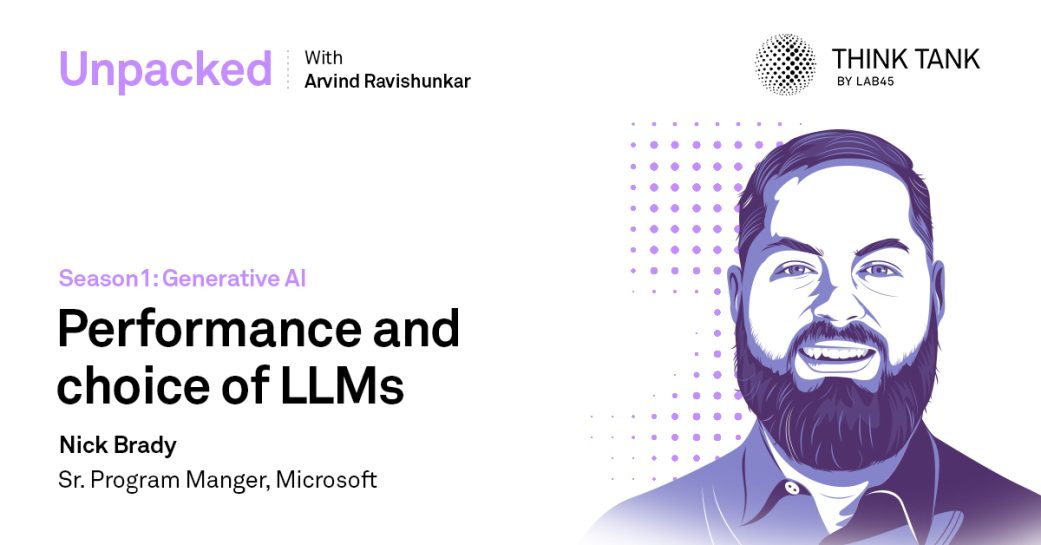Develop AI strategy for your organization with Dr. Kavita Ganesan
Engaging topics at a glance
-
00:12:19Key messages in the book: The business case for AI
-
00:12:58What should enterprise leaders look into when implementing AI
-
00:15: 25What problems can be solved with AI?
-
00:16:13Importance of data in AI
-
00:19:30Things to consider when going with AI in production
-
00:20:48What makes a problem AI suitable?
-
00:24:35Success rate of AI projects
-
00:25:37What causes failure of AI projects?
-
00:28:14What is preventing AI success?
-
00:30:20Data integration problem
“Develop AI strategy for your organization” with Dr. Kavita Ganesan, where she discusses things to consider when implementing AI.
Many programmes, specifically AI-based programmes, start with the right intentions but often fail when they go into production. And, to explore this topic, we had an insightful discussion with our guest in this episode to understand why this happens and how it can be solved.
One key problem is that they’re not solving the right problems with AI. People think of a cool idea, and then they come up with an AI solution, and once they’ve developed it, there isn’t a consumer for it.

– Kavita Ganesan
Most of the AI initiatives today fail to make it into production because people are not solving the right problems with AI, and there is a lack of understanding of what AI is at the leadership level.
The perception that Gen AI can solve every problem is inaccurate, and understanding this is crucial for enterprise leaders. There are many other AI techniques that can solve business problems and it’s important to have a general understanding of what AI is and what types of problems it can solve. As implementing AI is not only cost intensive, but it also comes with many risks.
Nowadays, many people think that because of Gen AI, we don’t need to collect data; we don’t need a data strategy; data is just gone. But that’s far from the truth.

– Kavita Ganesan
After the emergence of Gen AI, contrary to what many people think today, data collection is still a very integral part of AI initiatives in order to fine-tune the models for company-specific problems.
When deciding on the application of AI, it is advisable to use it for intricate issues that require numerous narrow prediction tasks. In such cases, a large amount of data points needs to be evaluated for making decisions, which could be challenging for human minds to process.
It’s important for companies to have a strategic approach while implementing AI. Instead of just focusing on the latest trends (like implementing Gen AI for all the problems), companies should identify the problems that need to be solved in their business in order to have a huge business impact.
Production Team
Arvind Ravishunkar, Ankit Pandey, Chandan Jha


